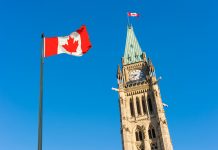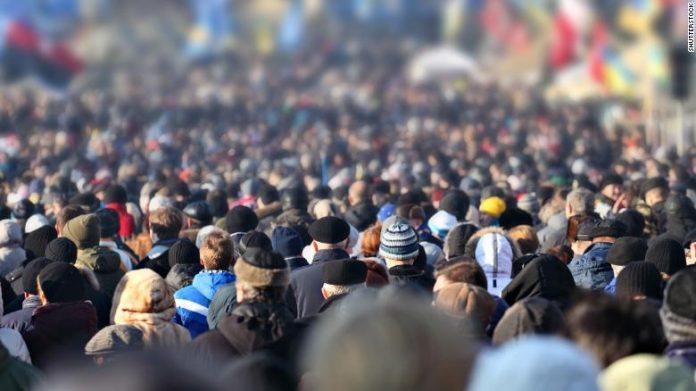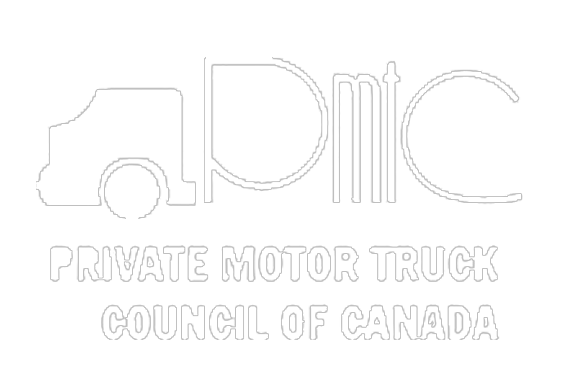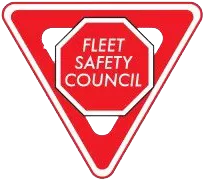In general a pandemic is when a contagious disease is present over a large region of the earth (typically two or more continents). The pathogen (typically a virus or bacterium) infects people in one part of the world but then spreads from one place to the next until millions—sometimes billions—are at risk.
Such widespread illness (and potentially deaths) can be extremely disruptive. Pandemics can lead to:
- Supply chains slowing down
- Weakened economies
- Schools or businesses closing
- Travel restrictions
- Misinformation, confusion, or panic
With everything that could happen during a pandemic, it’s understandable that some people become anxious or afraid. But there are things you can do to help minimize the disruption for you and your family.
Face Masks – Notes
While wearing face masks can help someone who is actively sick (ex. coughing) from infecting others around them, it typically doesn’t protect healthy individuals from getting infected with a respiratory virus out in public.2 Poor fit, facial hair, and clumsy mask removal can all greatly reduce the effectiveness of masks at preventing infection.
Healthcare providers might wear specific kinds of face masks for protection while caring for sick patients, but they receive specialized training on how to use the masks appropriately. As a result, it’s generally not recommended that the general public stock up on masks or wear them out in public, unless they are directed to by a healthcare provider or public health official.
Buying a bunch of face masks when you likely don’t need them results in shortages for people who do. You shouldn’t wear a face mask unless you’re sick or you are caring for someone who is.








